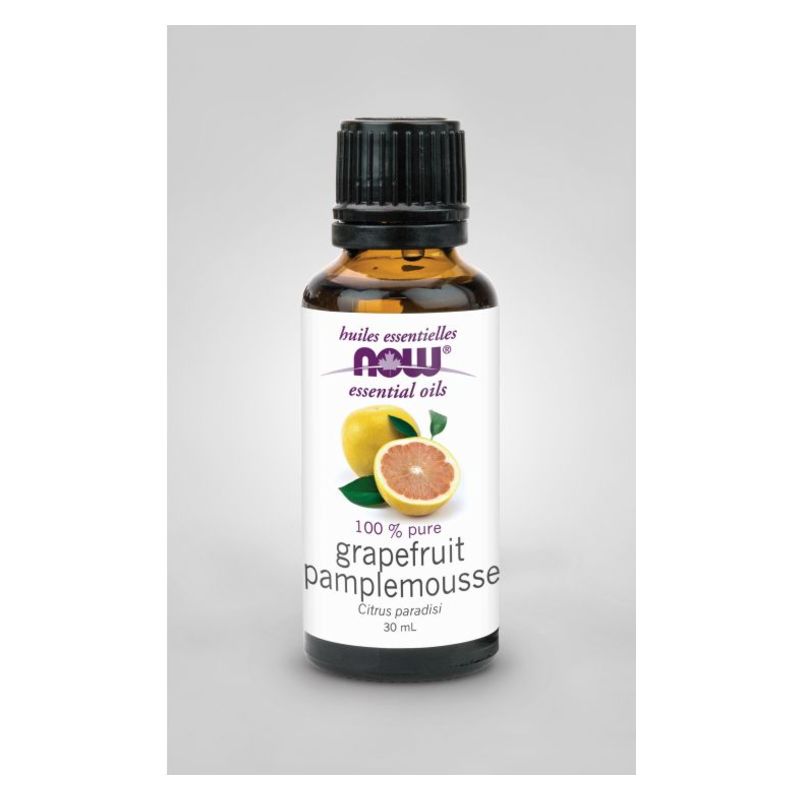

It also helps encourage hair growth when you use it with essential oils such as cedarwood oil and lavender oil. Is grapeseed oil good for hair growth? Yes, grapeseed oil is rich in antioxidants and its high linoleic acid content makes excellent carrier oil for hydrating dried and itchy scalp by balancing natural oleic acid found on our skin. Prevents hair loss (by inhibiting DHT activities to follicles)Ħ Powerful benefits of grapeseed oil for hair growth.Promotes hair growth (when used with essential oils).Nourishes damaged and dyed hair strands.
Grapefruit oil for hair loss skin#
Grapeseed oil benefits for hair, skin and face: Grapeseed oil is also popular carrier oil for hair and skin care. They are completely different! Grapeseed oil benefits for hair and skinĬulinary applications are only one form of grapeseed oil uses. Grapeseed extract is from “grape” seeds, while grapefruit seed extract are extracted from “grapefruit” seeds. Both use the same initials / acronym of GSE which adds to the confusion. NOTE: Don’t get confused between grapeseed extract and “grapefruit” seed extract, especially when you are buying supplements. Grape seed extract: Grapeseed extract often comes as supplements with the main active ingredient of proanthocyanidins, which is known for providing multiple health benefits as well as stimulating hair growth.Ĭheck out our hair loss success story about a guy who had a great hair growth result with grapeseed extract supplement. Grapeseed oil: People use grape seed oil as a topical carrier oil for moisturizing and nourishing hair strands, preventing dandruff and itchy scalp, cleansing clogged pores, and promoting hair growth (which is often combined with essential oils). In general, people use grapeseed oil for dietary consumption or topical application for beauty uses (skin and hair care), while grapeseed extract comes in the form of supplements in most cases. Grapeseed extract often uses a steam distillation process to extract polyphenols (the main compound of grape seeds), which then gets purified into either a power or liquid form.ĭifferent uses: Another difference between grapeseed oil and grapeseed extract is how people use it, especially when it comes to stimulating hair growth. Both cold and expeller methods use heat to squeeze out the essence, while the solvent pressing uses chemicals such as hexane to get the liquid out. Processing methods: Grapeseed oil is processed from seeds of variety of common grapes by using either cold or expeller pressed methods or a solvent extraction method. While both grapeseed oil and grape seed extract come from the seeds of grapes, the extraction / manufacturing process as well as their compositions are quite different.īoth grapeseed oil and grapeseed extract contain vitamin E and polyphenols (such as proanthocyanidins) with the latter (grape seed extract) having a higher amount. One of the most frequently asked questions: Is grapeseed oil and grapeseed extract the same? Its beauty use, specifically for skin and hair care, is equally popular thanks to the rich linoleic acid content. Grapeseed oil is widely used for variety of culinary uses from cooking oil to salad dressing.

Grapeseed oil also contains vitamin E, a powerful antioxidant that keeps your cells healthy. The high content of linoleic acid makes grapeseed oil an excellent option for nourishing the scalp and hair strands without weight it down. This popular cooking / carrier oil is rich in omega 6 fatty acids (linoleic acid – 70%) followed by omega 9 (oleic acid 16%).
Grapefruit oil for hair loss how to#
We will also reveal several studies that show amazing results in using grapeseed for hair loss ( Click here to go straight to the studies).įinally, you’ll learn how to find the best grapeseed oil for hair and the top 3 recommendations based on specific criteria.Īs expected, grapeseed oil is extracted from the seeds of grapes. In this review article, you will learn the benefits of using grapeseed oil for hair growth as well as its general uses for hair and skin. It turns out that using grapeseed oil for hair growth is actually not a bad idea after all – a number of studies confirm!


 0 kommentar(er)
0 kommentar(er)
